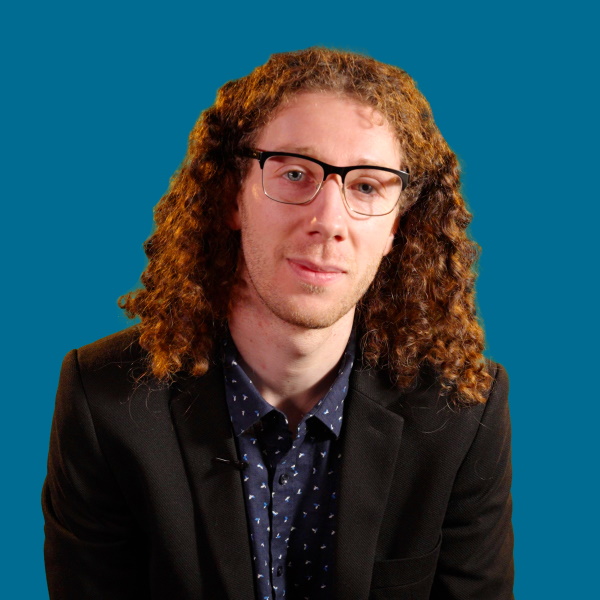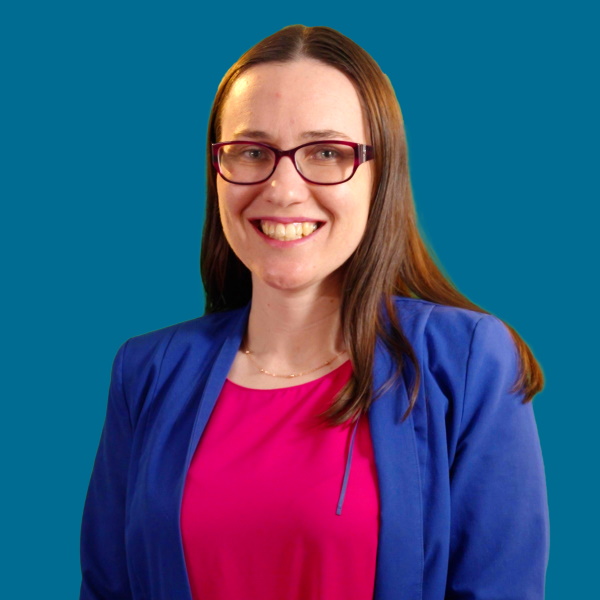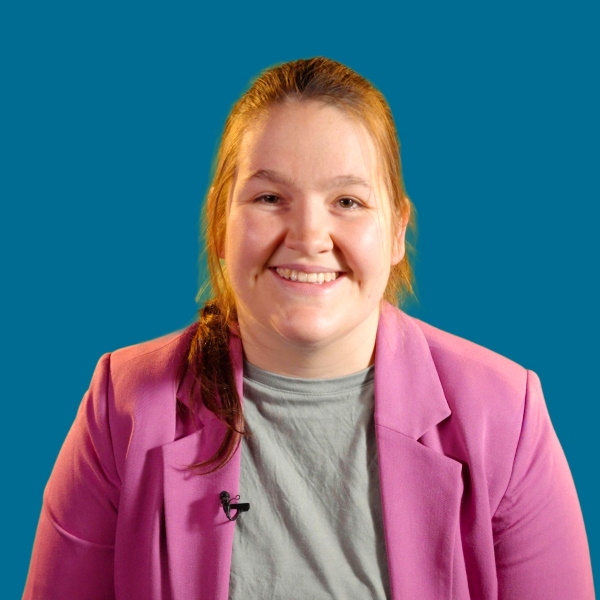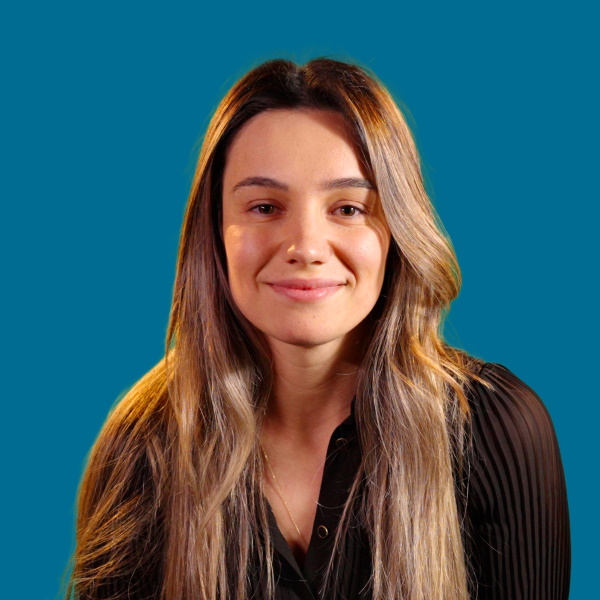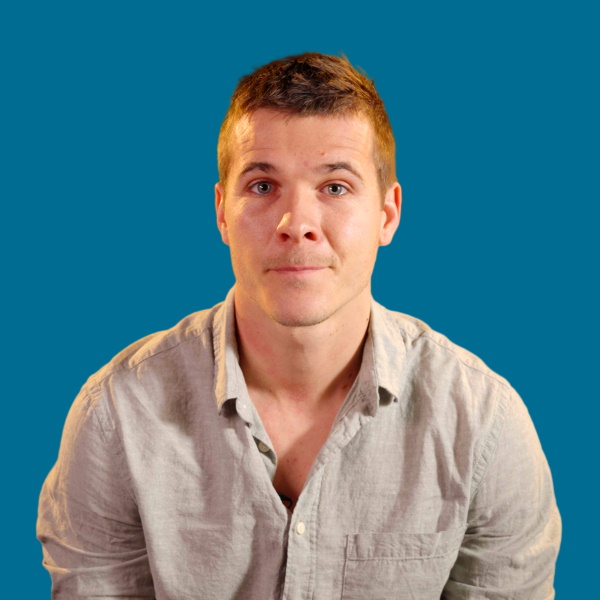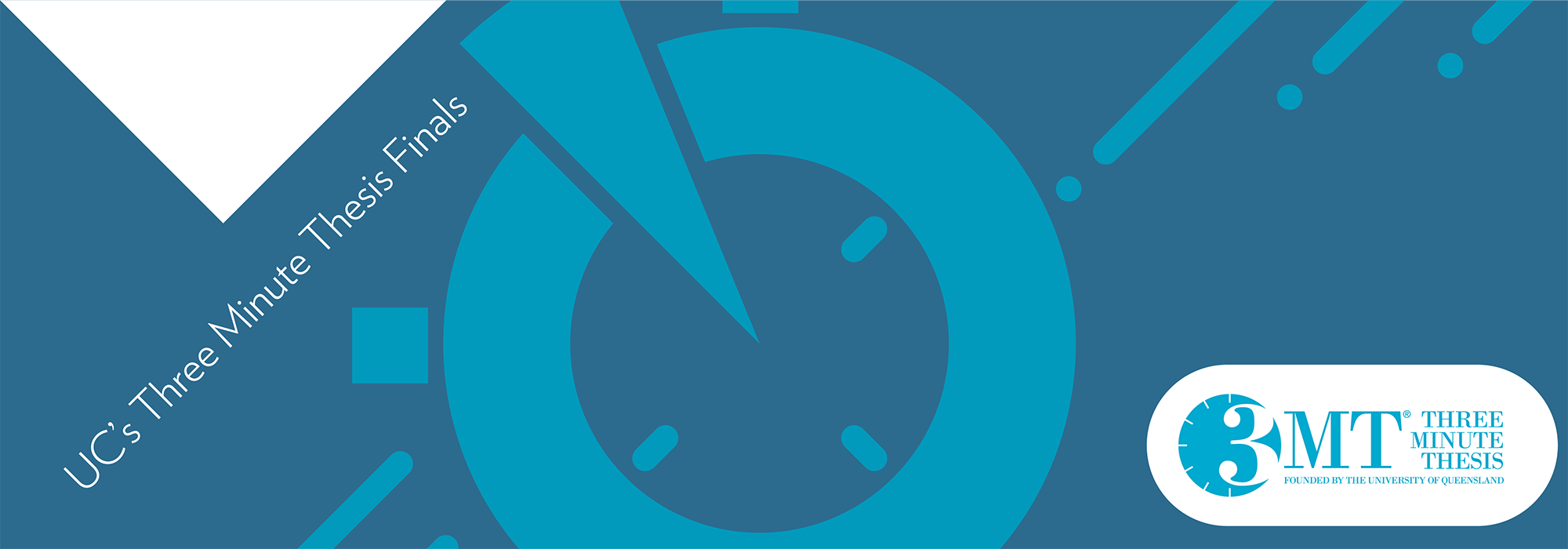
UC’s Three Minute Thesis Finals
The Three Minute Thesis (3MT®) is an academic research communication competition developed by The University of Queensland (UQ), Australia.
Three Minute Thesis heats were held across the University of Canberra’s faculties throughout June and July 2022. The six finalists from across four faculties, are now progressing to the UC 3MT Finals where they will present their thesis at an online, livestreamed event in front of a panel of judges.
Competitors needed to convince the judges and audience of their research significance in no more than three minutes, for a chance to win the $4,000 first place prize, $2,000 for the runner up, and $1,000 people’s choice prize.
The 2022 recipients and finalists
Congratulations to all the funding recipients and finalists of the UC’s 2022 Three Minute Thesis Finals. We are so proud of you and the wonderful research you are doing at UC. Funding recipients will now share in $7,000 of research funding as awarded by the judging panel. The winner will advance to the 2022 Virtual Asia-Pacific 3MT Competition.
David Hinwood
Faculty of Science and Technology
Winner
Awarded $4,000
Using Human-Inspired Manipulation to Battle Textile Waste
David is a final year PhD candidate studying robotics at the University of Canberra. His research interests include design, programming and deep learning. David’s project, beginning in 2018, focuses on empowering textile recyclers to scale-up the amount of textile waste they can divert from landfills. Aside from his research, David enjoys spending his time bouldering or playing ultimate frisbee.
Australians send six tonnes of clothing to landfills every 10 minutes, releasing toxic greenhouse gases (such as methane) as fabric decomposes. To alleviate the damage of discarded garments, textile recycling presents a promising avenue to prevent used clothing from going to landfills as old clothing is highly recyclable. Sorting used clothing, however, into the appropriate recycling is dangerous and economically infeasible with human labour. Robots would be more effective for textile-sorting, except they are not effective manipulators of fabric. David's research focuses on giving robots the dexterous skills needed to handle fabric.
Natalie Downes
Faculty of Education
Runner-up. Awarded $2,000 &
People’s Choice. Awarded $1,000
Is Geographical Narcissism Creating Rural Education Disadvantage?
Natalie is a PhD student in the Centre for Sustainable Communities in the Faculty of Education. Her research focuses on education for rural-regional sustainability, school-based distance education, and the influence of academic research on rural communities. These works focus on exploring the way that the needs and interests of marginalised communities (particularly the rural) are represented in society and how different knowledge systems contribute to reproducing or countering inequities in society. In her spare time Natalie likes to ponder the answer to life, the universe and everything else, and roller skate (sometimes at the same time).
Every year rural kids are told by education authorities that they are less intelligent than kids in the city. But what if education authorities have got it wrong, and achievement gaps are actually created because the education system is biased towards city perspectives? In her research, Natalie has developed and trialled a tool that helps measure and remedy city biases in education. The tool provides evidence-based alternatives to city biases that transform the way we represent rural places in education. This contributes towards achieving more just and equitable outcomes for rural kids in schooling.
JJ Bull
Faculty of Health
Finalist
The Spring in Your Step
JJ is a graduate from the Australian National University with a Bachelor of Engineering (honours) Bachelor of Arts. She majored in mechanical and material engineering and minored in mathematics. She is currently doing her PhD in the field of biomechanics with a focus on the lower limb, at the University of Canberra.
Our foot plays a vital role in how we efficiently walk, run and sprint as it acts like a spring. When we age, the structure in our foot changes which in turn affects this spring function. While studying walking, running and sprinting, it is important to account for differences in males and females. We plan to investigate how younger and older adults walk, run and sprint in terms of energy, work and power using a multisegmented foot model.

